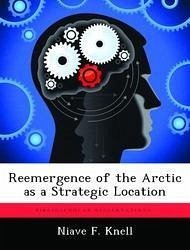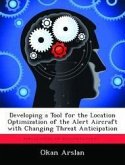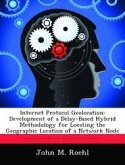This monograph analyzes the Arctic region as a system by examining the strengths and weaknesses of its political, military, economic, social, infrastructure, and information sub-systems. This investigation reveals the key nodes (critical people and things) and key linkages (critical relationships between the nodes). Key nodes include the ice itself, as well as three of the Arctic states (The Russian Federation, The United States of America, and Canada), the European Union (EU), multi-national oil and gas corporations, supra-national non-governmental organizations, indigenous groups, the World Trade Organization, the internet, and trade among the Arctic states. Key linkages include the Arctic Council, the Barents Euro-Arctic Council, the Nordic Council, the EU's Northern Dimension, the indigenous groups'; councils, and the United Nations Convention on the Law of the Sea (UNCLOS) treaty. This investigation also reveals the system's potential. At this time, it could travel in one of two directions, either becoming an area of conflict as the quest for resources drives states to clash, or becoming an area of cooperation with states securing their national interests within UNCLOS while sharing information on common topics. With the knowledge gained from examining the Arctic region as a system and ascertaining the key nodes and linkages, as well as system potential, the researcher examines what this means for the United States. Using an all-of-government approach, the monograph discusses the strength, weaknesses, opportunities, and threats for U.S. instruments of national power. From this discussion, the monograph author then makes recommendations within those instruments, concluding that it is critical for the U.S. to develop the vision, objectives, and policies prior to 2012, when a majority of the Arctic coastal states must have submitted their UNCLOS claims.
Hinweis: Dieser Artikel kann nur an eine deutsche Lieferadresse ausgeliefert werden.
Hinweis: Dieser Artikel kann nur an eine deutsche Lieferadresse ausgeliefert werden.








